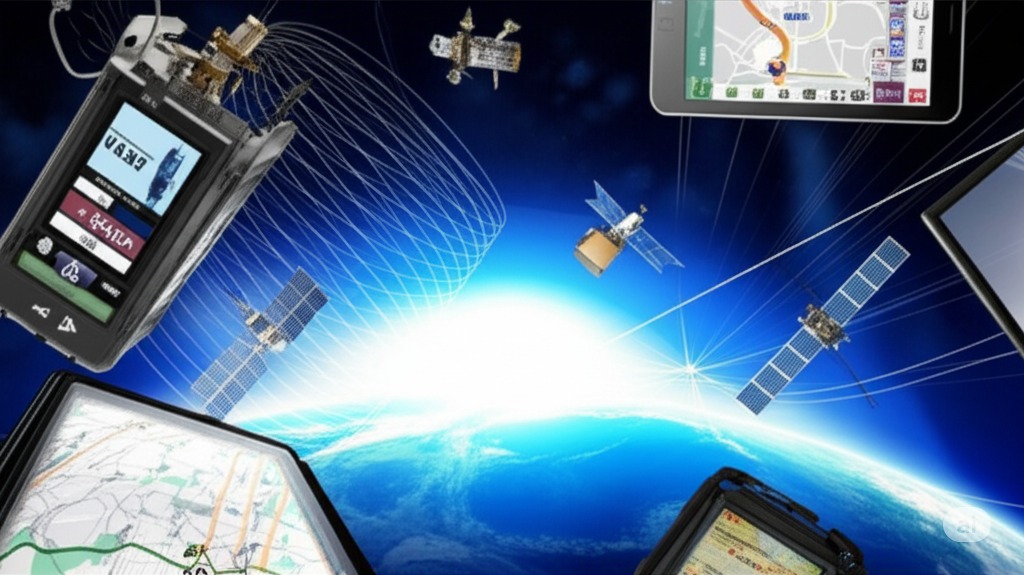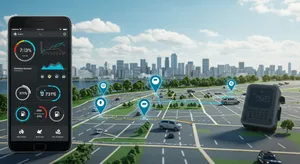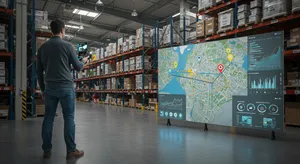Core Business Applications
- Fleet management and vehicle tracking systems
- Asset monitoring and theft prevention solutions
- Workforce management and field service optimization
- Route planning and delivery optimization
- Compliance monitoring and safety management
- Customer service enhancement and communication
- Inventory tracking and supply chain visibility
- Emergency response and security applications




